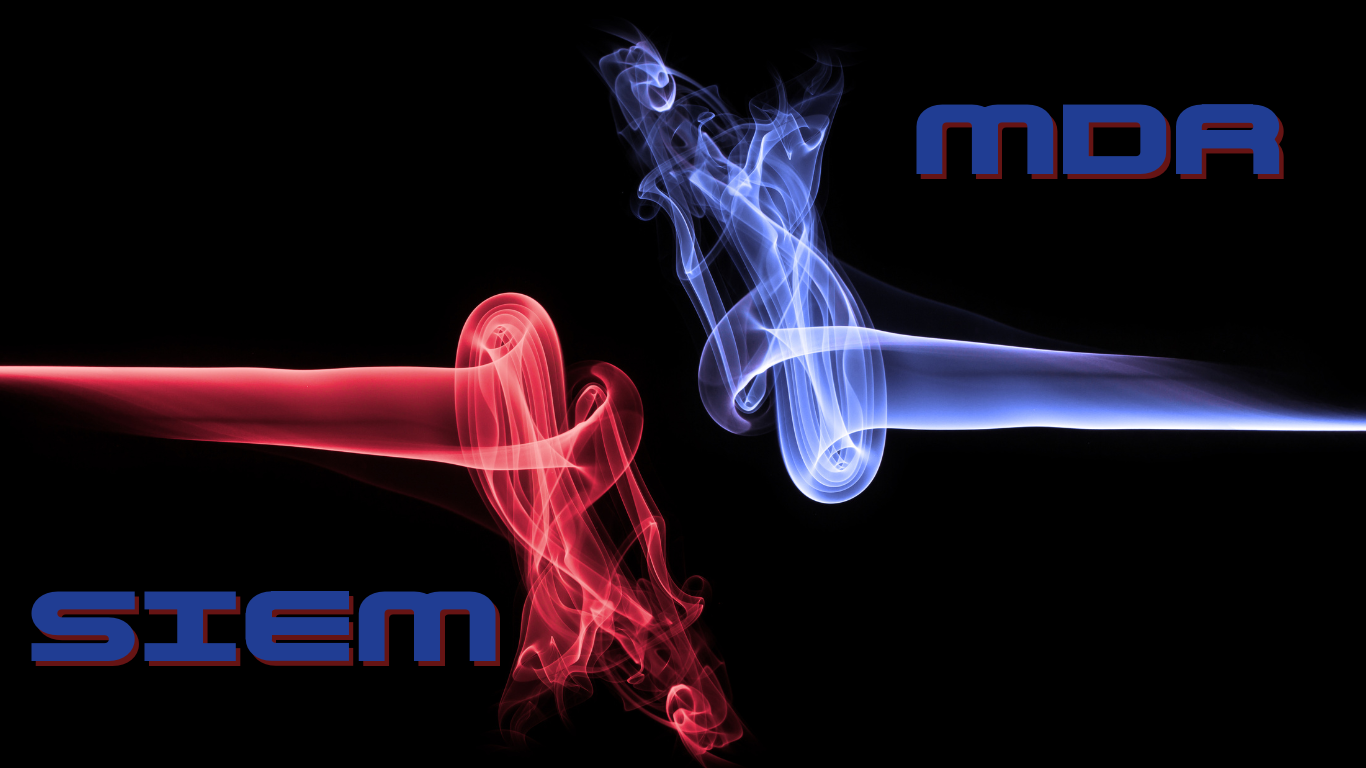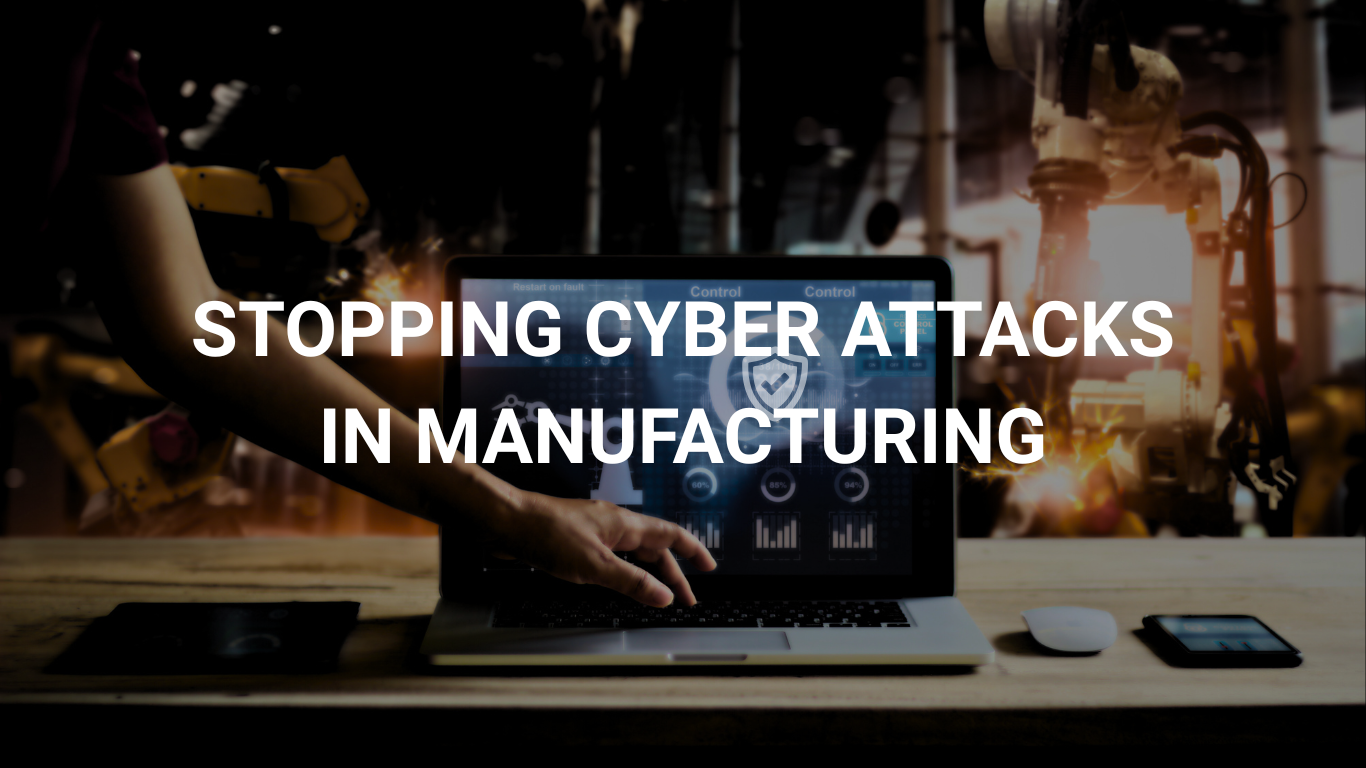MDR vs. SIEM: Which is Better for Your Business?
Managed Detection and Response (MDR) and Security Information and Event Management (SIEM) are two heavyweights in the realm of cybersecurity, both offering unique approaches to safeguarding your business online.
Let’s explore the key differences between MDR and SIEM, so you to make an informed decision about the best-suited solution for your business
What is MDR?
Managed Detection and Response is an all-inclusive security service. MDR providers offer round-the-clock monitoring, proactive threat hunting, and incident response from a team of cybersecurity experts. MDR goes beyond just collecting and analyzing data—it delivers actionable insights to tackle threats head-on.
What is SIEM?
Security Information and Event Management, on the other hand, focuses on log management and event correlation. SIEM solutions aggregate data from various sources, providing a centralized platform for real-time analysis of security events. It’s an effective tool for monitoring and compliance reporting.
Here’s a table comparing the pros and cons of Managed Detection and Response (MDR) and Security Information and Event Management (SIEM):
Here’s a table comparing the pros and cons of Managed Detection and Response (MDR) and Security Information and Event Management (SIEM):
| Managed Detection and Response (MDR) | Security Information and Event Management (SIEM) | |
|---|---|---|
| Pros | – Proactive Threat Hunting | – Centralized Data Management and
Analysis |
| – Swift Incident Response | – Effective Log Management | |
| – Expert Security Team for Incident Handling | – Compliance Reporting | |
| – Actionable Insights and Recommendations | – Real-time Security Event Analysis | |
| – Continuous 24/7 Monitoring | – Detection of Anomalies and Patterns | |
| – Comprehensive Security Coverage | – Identifying Emerging Threats | |
| – Scalable Solution for Businesses of All Sizes | – Log Correlation and Aggregation | |
| Cons | – Relatively Higher Cost, Depending on Provider and Features | – Reactive Approach to Incident Response |
| – Dependency on External Service Provider | – Complexity in Implementation and Management | |
| – Limited Control Over Data and Analysis Process | – Significant Storage and Resource Requirements | |
| – Potential Latency in Incident Response Due to External Partnership | – Generates a High Number of False Positives | |
| – | – Requires Skilled Security Analysts for Effective Utilization |
Main Advantages of MDR:
- 24/7 monitoring and response
- Managed service
- Expertise from security professionals
- Scalable and adaptable
Proactive Threat Hunting: MDR actively hunts for threats, detecting suspicious activities even before they escalate. This proactive approach helps stop potential threats in their tracks.
Incident Response Expertise: MDR comes with a team of seasoned professionals who swiftly respond to incidents, mitigating damage and minimizing downtime.
Actionable Insights: MDR delivers actionable recommendations and security improvements, guiding businesses to bolster their overall defense strategy.
Main Disadvantages of MDR
- Can get expensive, depending on the chosen vendor
- Not as customizable as SIEM
- Dependency on External Service Providers
Main Advantages of SIEM
- Control over your security
- Flexibility
- Customization
Data Centralization: SIEM platforms provide a centralized view of security events, making it easier for analysts to identify patterns and anomalies.
Regulatory Compliance: SIEM’s log management capabilities facilitate compliance reporting, a crucial aspect for businesses in regulated industries.
Main Disadvantages of SIEM
- Requires expertise to manage
- Can be complex to set up and use
- Not as good at detecting threats as MDR
- Generates a lot of false positives
MDR vs. SIEM: Which is Better for You?
The choice between MDR and SIEM depends on your organization’s unique cybersecurity requirements:
- Consider MDR if: You seek a comprehensive, proactive security solution with expert incident response and actionable insights. MDR is an ideal choice for businesses lacking a dedicated cybersecurity team or facing resource constraints.
- Opt for SIEM if: You prioritize log management, compliance reporting, and have an existing cybersecurity team that can handle incident response and threat hunting, but be aware of the number of false positives generated that can expand the amount of time needed to sort through alerts.
The Best of Both Worlds: MDR with SIEM Integration
For many organizations, the ultimate winning strategy lies in combining MDR with SIEM. Integrating these two solutions creates a powerful synergy that enhances threat detection, incident response, and overall cybersecurity efficacy.
Finally, an affordable MDR solution with log management built-in
ForeNova provides a unique solution combining log management with 24/7 MDR services, that way you can avoid a costly SIEM solution but still get real-time log monitoring and compliance reporting.
With ForeNova, our global team of cybersecurity experts offers 24×7 security operations without operational overheads and staffing complexities.






